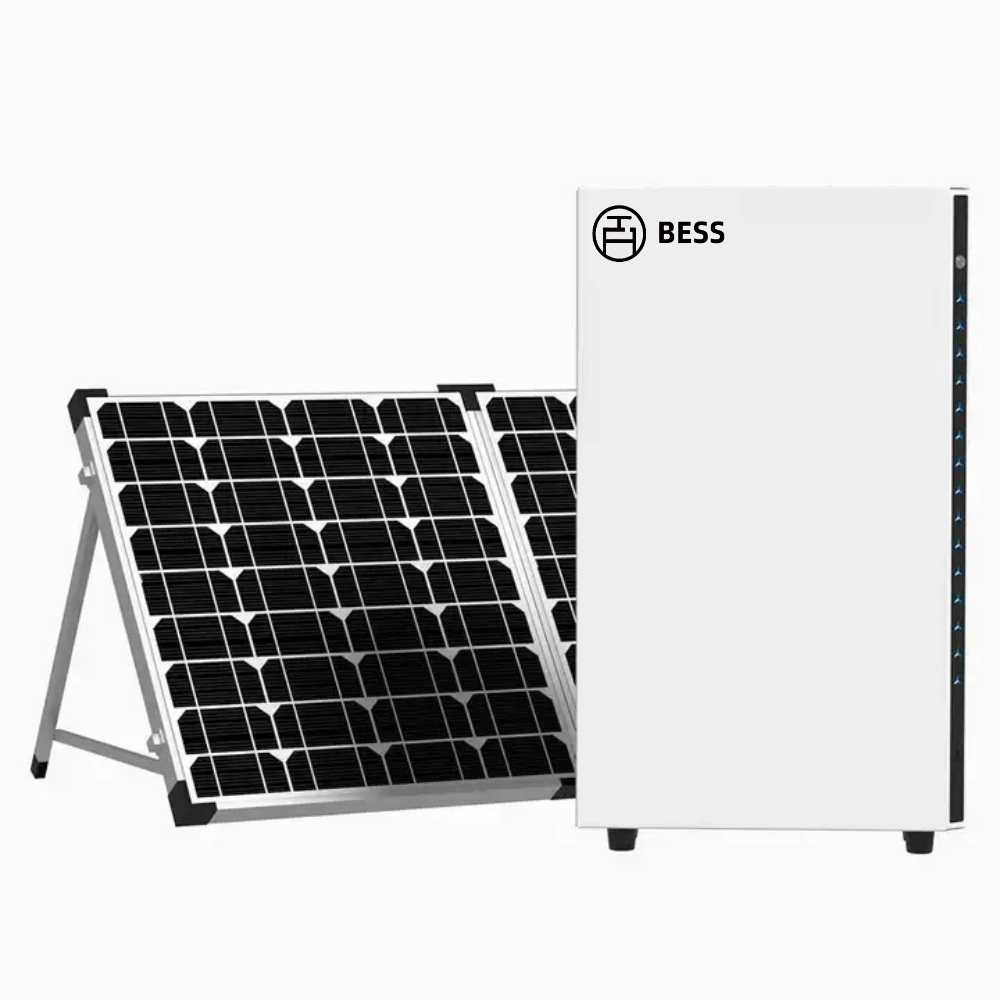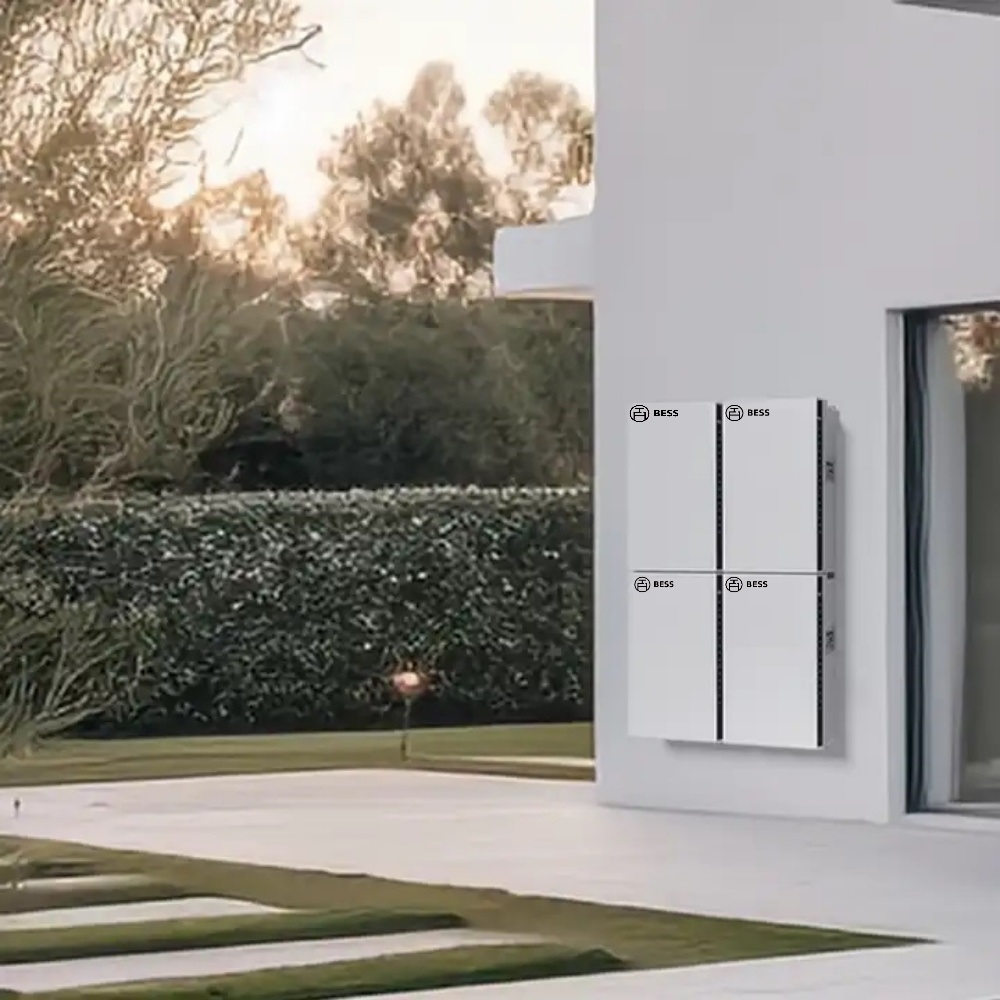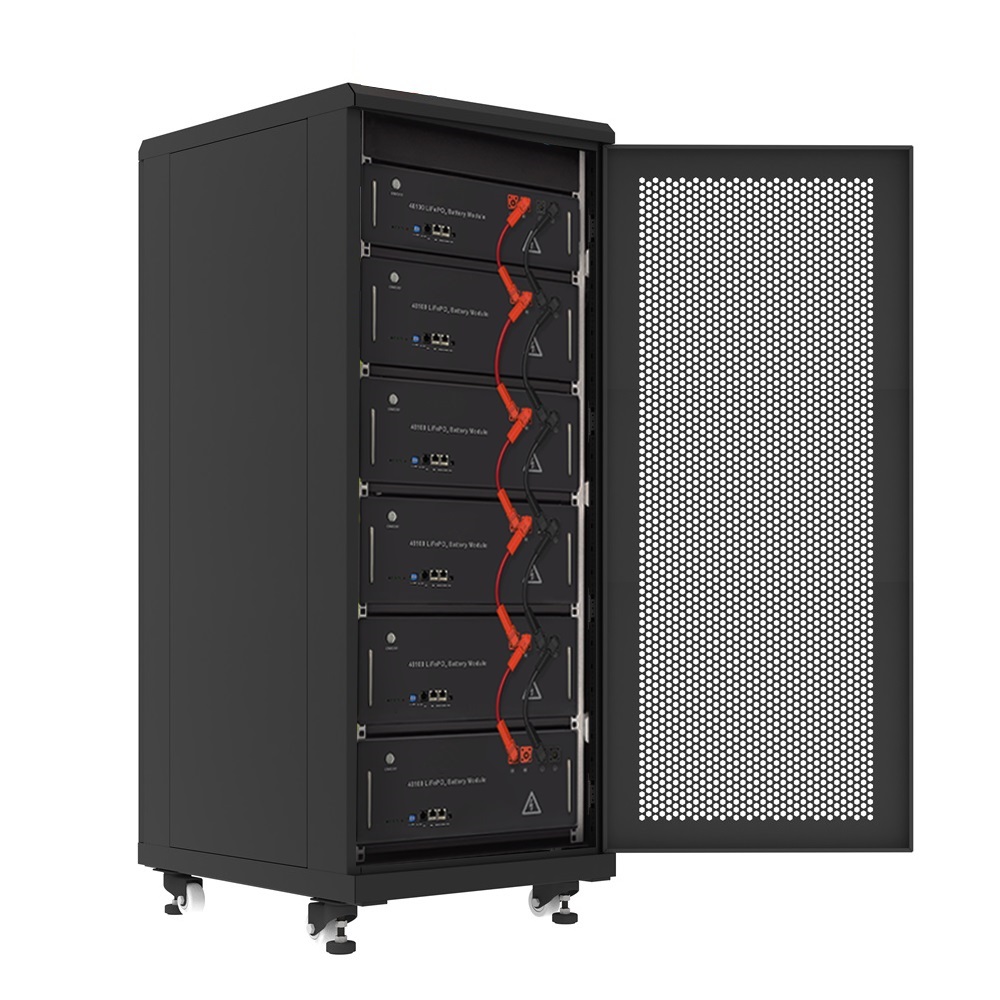Choosing the right energy storage battery for your home is a critical decision that can significantly impact your energy efficiency and reliability. Here are seven comprehensive tips to guide you through the selection process:
1. Assess Your Energy Needs
Before selecting an energy storage battery, conduct a thorough energy audit of your home. Determine your average daily energy consumption, peak usage times, and backup power requirements. Understanding these patterns helps you choose a battery with the appropriate capacity to meet your needs. For instance, if you experience frequent power outages or need to power large appliances, you might require a larger battery with higher capacity and power output.
2. Battery Capacity and Power Rating
Battery capacity, measured in kilowatt-hours (kWh), indicates the total amount of energy the battery can store. Choose a capacity that aligns with your daily energy consumption and backup needs. Additionally, consider the power rating, which determines how many appliances the battery can power simultaneously. This includes both peak power output (short bursts of power) and continuous power output (sustained energy over time).
3. Depth of Discharge (DoD)
The depth of discharge refers to the percentage of the battery’s capacity that can be used before it needs recharging. A higher DoD means more usable capacity, but deep discharges can shorten the battery’s lifespan. Opt for batteries with a higher DoD for greater efficiency, but balance this with the need to protect the battery’s longevity. For example, many lithium-ion batteries offer a high DoD without significantly compromising lifespan.

4. Cycle Life
Cycle life is the number of charge and discharge cycles a battery can undergo before its capacity significantly degrades. This is crucial for long-term use and overall value. A higher cycle life means the battery will last longer and require fewer replacements, reducing maintenance costs over time. Look for batteries that offer a long cycle life to ensure durability and cost-effectiveness.
5. Efficiency
Battery efficiency measures how much energy is lost during the charging and discharging process. Higher efficiency batteries convert more stored energy into usable electricity, reducing energy losses and improving overall performance. For optimal efficiency, aim for batteries with efficiency ratings of 90% or higher, particularly if you are using the battery for solar energy storage.
6. Warranty and Reliability
The warranty period and terms are important indicators of a battery’s reliability and the manufacturer’s confidence in their product. Warranties typically range from 5 to 15 years and can include guarantees on capacity retention over time. Select batteries from reputable manufacturers that offer strong warranties, as this can provide peace of mind and protection for your investment.
7. Integration and Compatibility
Ensure the energy storage battery is compatible with your existing or planned solar PV system. Integration between the battery and the solar inverter is crucial for maximizing efficiency and performance. Some batteries are designed to work seamlessly with specific solar systems, providing enhanced features like smart energy management and remote monitoring. Verify compatibility to avoid potential issues and optimize the overall efficiency of your energy system

Additional Considerations
- Cost: Evaluate the total cost of ownership, including installation, maintenance, and replacement costs. While high-quality batteries may have higher upfront costs, they often offer better performance and longer lifespans, leading to greater long-term savings.
- Environmental Impact: Consider the environmental impact of the battery technology. Some newer technologies, like saltwater batteries, offer eco-friendly alternatives that use non-toxic materials and are easier to recycle.
- Smart Features: Some energy storage systems come with smart features such as remote monitoring, which can provide real-time insights into your energy usage and battery performance. These features can help optimize energy consumption and improve the overall efficiency of your home’s energy system.
By carefully evaluating these factors, you can select an energy storage battery that best fits your home’s needs, ensuring efficient and reliable energy management.

